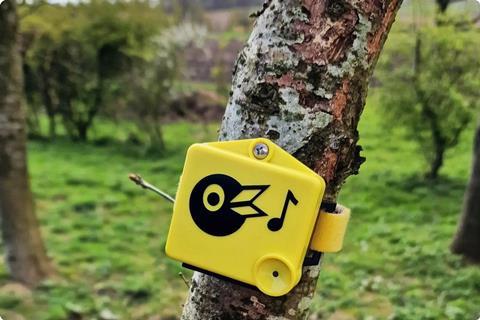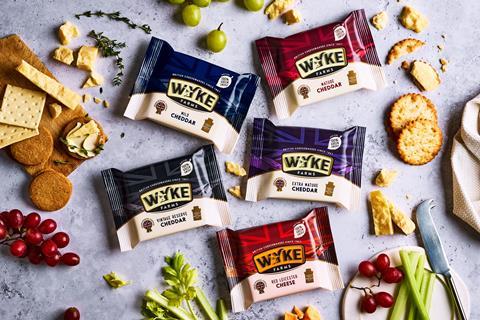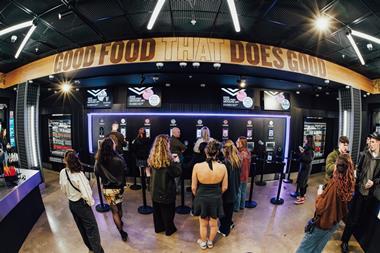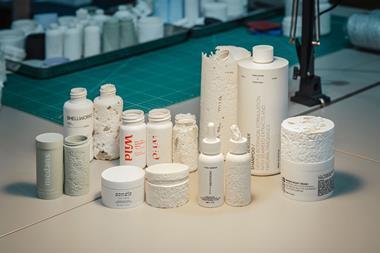
The UK’s largest independent cheese producer Wyke Farms is piloting the use of AI to analyse birdsong recorded on its farms in a bid to measure and improve biodiversity.
The dairy player is partnering with ‘nature-tech’ company Chirrup.ai on a three-year pilot project that will see bioacoustic devices deployed at Wyke Farms and on 10 supplier farms across the south west.
The system will monitor the occurrence of and diversity of bird species as a benchmark for biodiversity.
“Bird populations are a sensitive barometer of ecosystem health,” Wyke Farms said. “By using birds as bio-indicators, Chirrup.ai’s platform generates insights not only into wildlife, but also soil quality, water health, and overall biodiversity.”
The pilot farms involved in the project are responsible for 25% of the milk that goes into cheesemaking at Wyke’s Bruton site.
“This project gives us the ability to baseline the health of nature on our farms in a scientific and consistent way using the perfect blend of technology in nature – and then work to improve it,” said Rich Clothier, third generation cheesemaker and managing director at Wyke Farms. “Birds are fantastic early warning indicators for the environment, and with Chirrup.ai’s technology we can see how our land stewardship is making a real difference year after year.”

Wyke Farms says it is Europe’s most sustainable cheese producer. The family-run business, which produces more than 18,000 tonnes of cheddar each year, claims to be the UK’s first national cheddar brand to achieve complete self-sufficiency in green energy.
All electricity and gas used is generated from renewable sources: solar power and biogas produced from farm and dairy waste.
“Our producers are already delivering some of the lowest carbon footprint milk in the world,” said Andrew Gaskell, milk procurement director at Wyke Farms. “By adding year-round biodiversity monitoring to our toolkit, we can showcase the real environmental value our farms provide – not only in climate terms, but in supporting wildlife and thriving ecosystems.”
A separate project by Suntory Beverage & Food GB&I last year similarly used AI to analyse recording at its Ribena blackcurrant farms during harvest season.
The work found on average, each farm was home to 58 different species, with the most diverse farm hosting 63 species.
Among the total of 83 species recorded were 15 species on the UK’s red list – meaning they face high risk of extinction – and 17 from the amber list.
“We’ve had biodiversity action plans in place on these farms since 2004, so seeing how we’re providing safe havens for such a variety of bird species really validates the hard work from our growers and our team over many years,” said Fraser McIntosh, head of sustainability at SBF GB&I. “This work is so important to boost biodiversity and ensure the resilience of the blackcurrant crop for future generations.”



















No comments yet